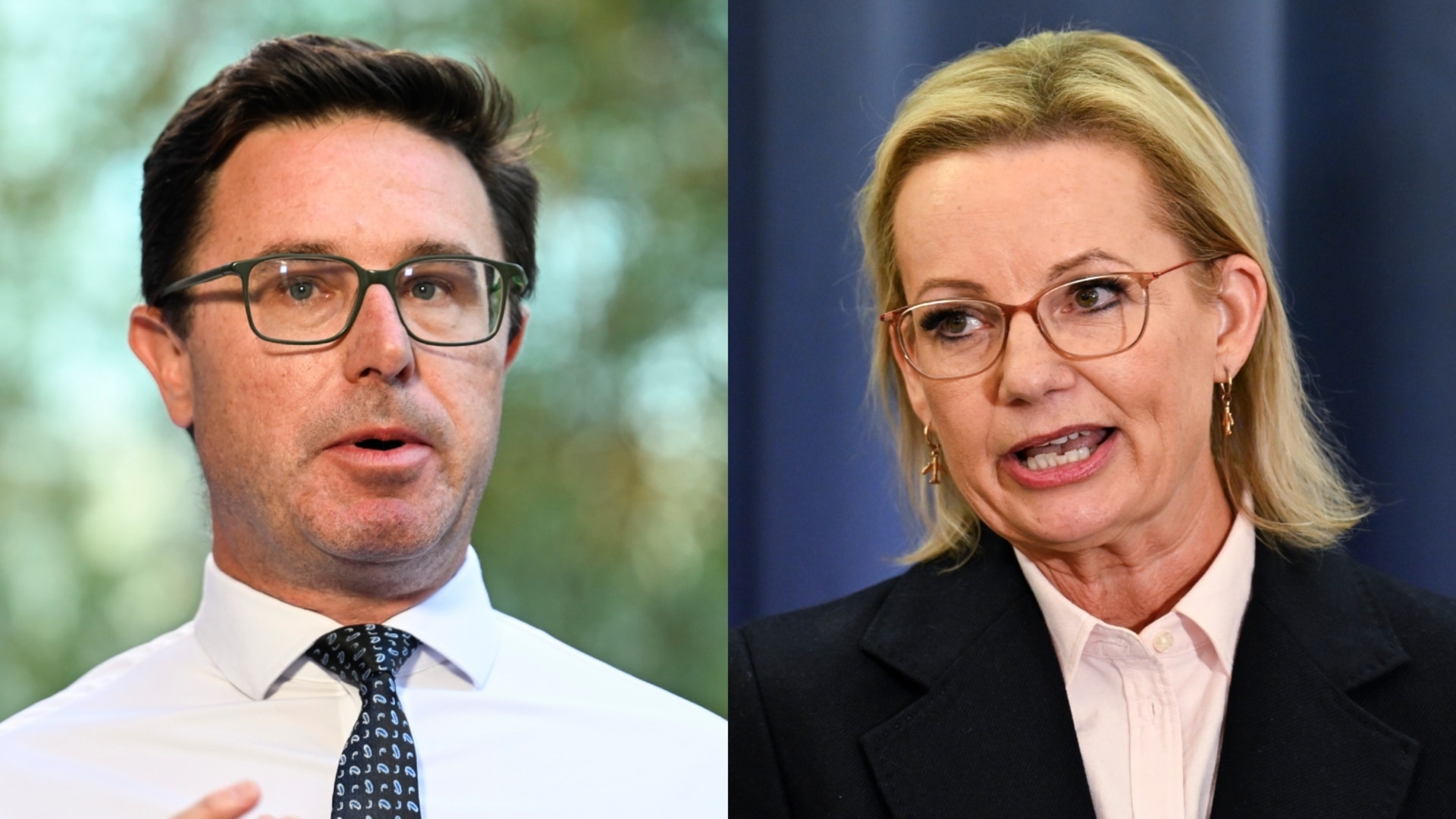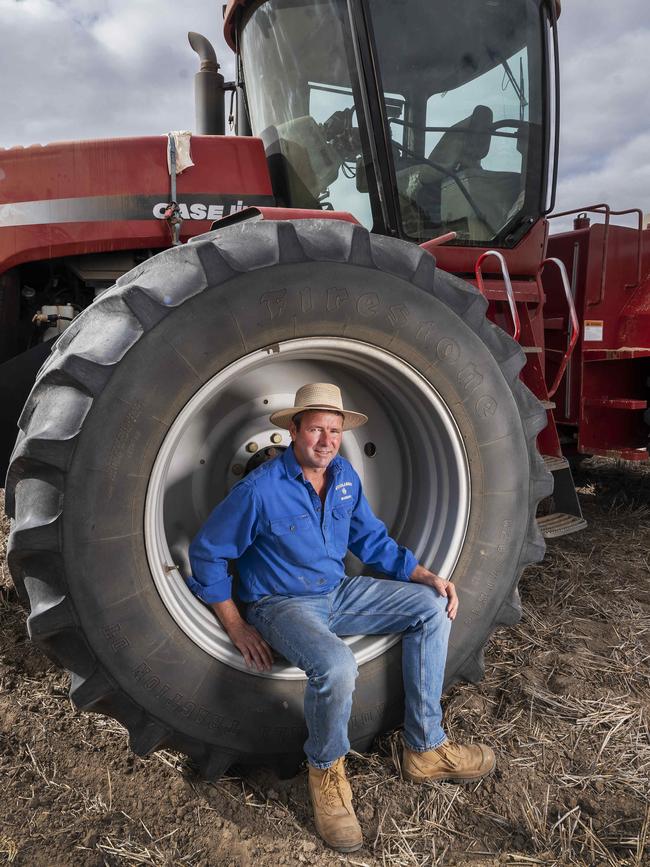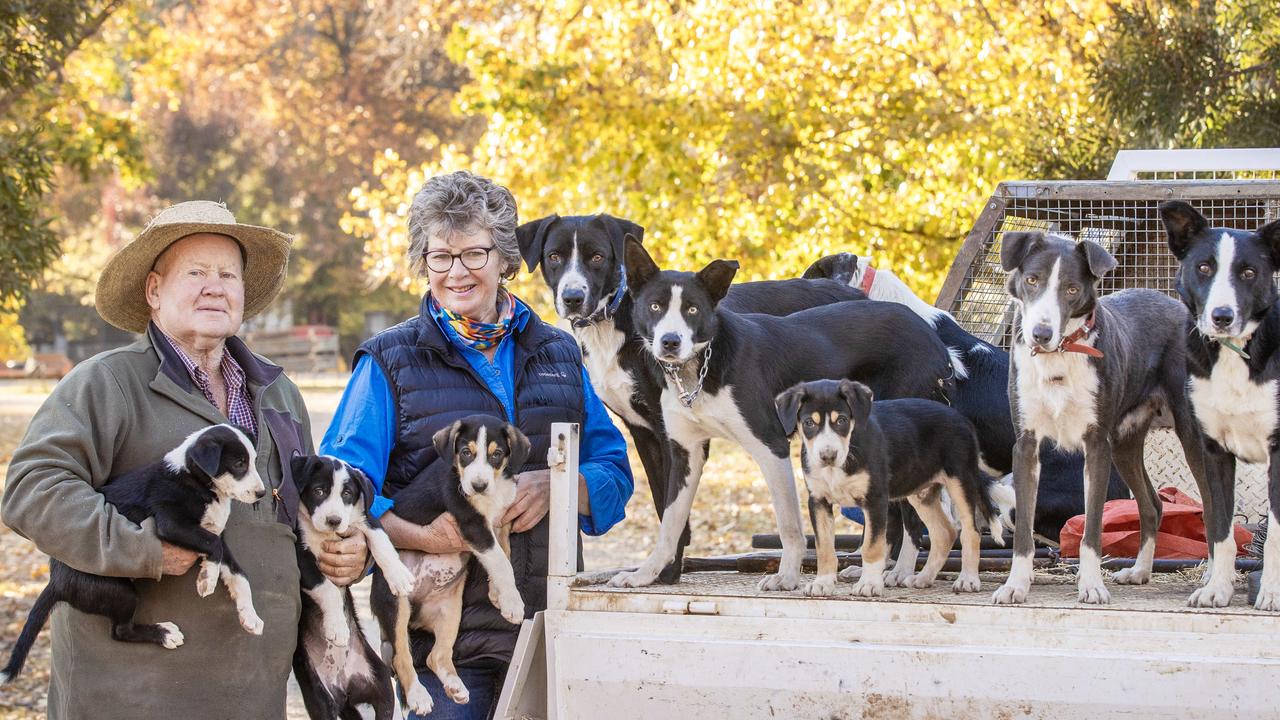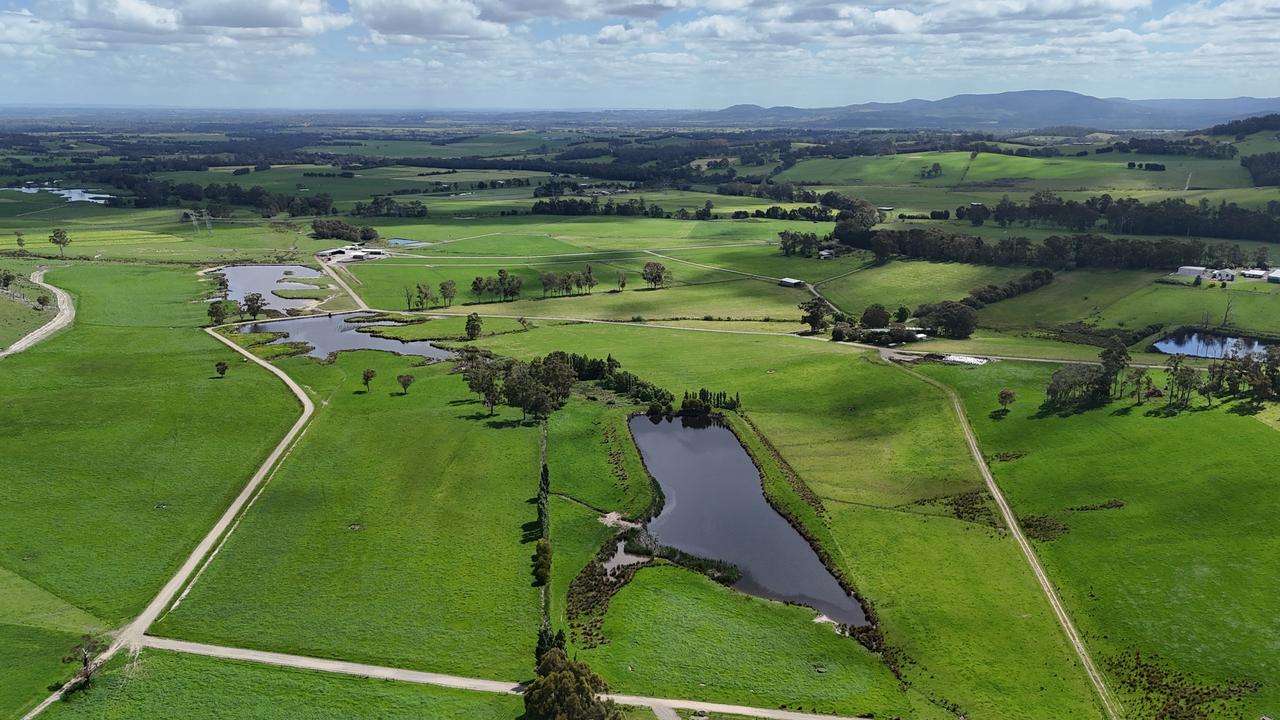Public interest ‘loophole’ in surveillance laws to stay
A Victorian government inquiry into surveillance laws says it’s outside of its scope to remove or amend a clause that is allowing animal activists to escape prosecution for trespassing on farms.

A loophole will remain in Victoria’s workplace surveillance laws that allows trespassers to obtain illegal footage of farms in the name of “public interest”.
A Victorian government inquiry into the prevalence and types of workplace surveillance in the state and the adequacy of current legislation has found that the state’s laws have not kept up with technological advances and growth in surveillance devices in the workplace.
But the inquiry – which handed down its report last week – said it was outside of its scope to address a complaint raised by the Victorian Farmers Federation that a public interest exception to the Surveillance Devices Act was being abused by animal rights groups.
In its submission, the VFF said animal activists were trespassing onto farms and installing surveillance devices to record on-farm practices that were edited “out of context” and then disseminated to the media.
While this surveillance is illegal under the Act, it is except under a public interest clause.
Former VFF president Emma Germano said this “loophole” was emboldening activists to break-in to farms, install cameras and capture footage that would then be packaged to unfairly depict farm practices.
The VFF wanted the clause either removed to mirror NSW legislation or narrowed, as well as surveillance captured through an act of trespass to be made illegal.
“The (inquiry) committee recognises that unauthorised surveillance of farms causes stress and anxiety for farmers; however, this type of surveillance falls outside of the Inquiry’s scope, which focuses on the surveillance of employees in the course of their employment, rather than the recording of business practices,” the inquiry’s report said.

VFF president Brett Hosking said the state government’s inaction on the issue was frustrating.
“This needs to be tackled. The challenge with something like this is we only hear about the times they’ve broken in and filmed staff when they’ve found a problem. We don’t hear about all the times they don’t see a problem,” Mr Hosking said.
“There appears to be a group of well meaning activists that seem to think they’ve above the law.”
A Victorian farmer who did not want to be named after his property was targeted by animal activists said he was incensed that the filming of his family and staff members could escape prosecution.
“They accessed the property last year and they’ve (cameras) been in there for six months. Our children were in there. Our shed is the same as our house, it’s an invasion of our privacy,” he said.





